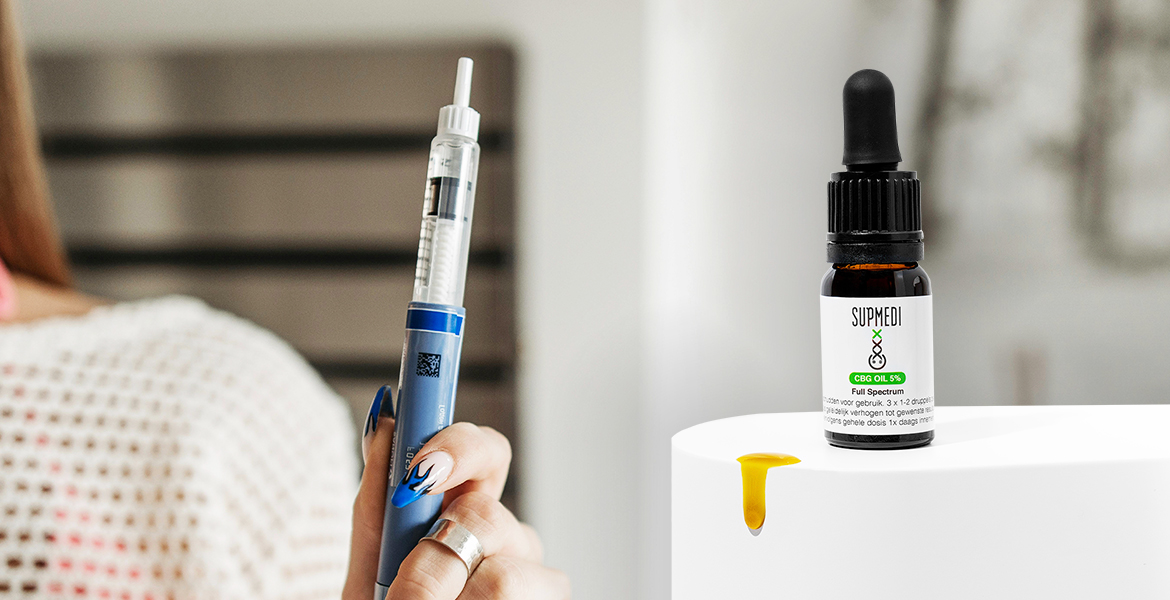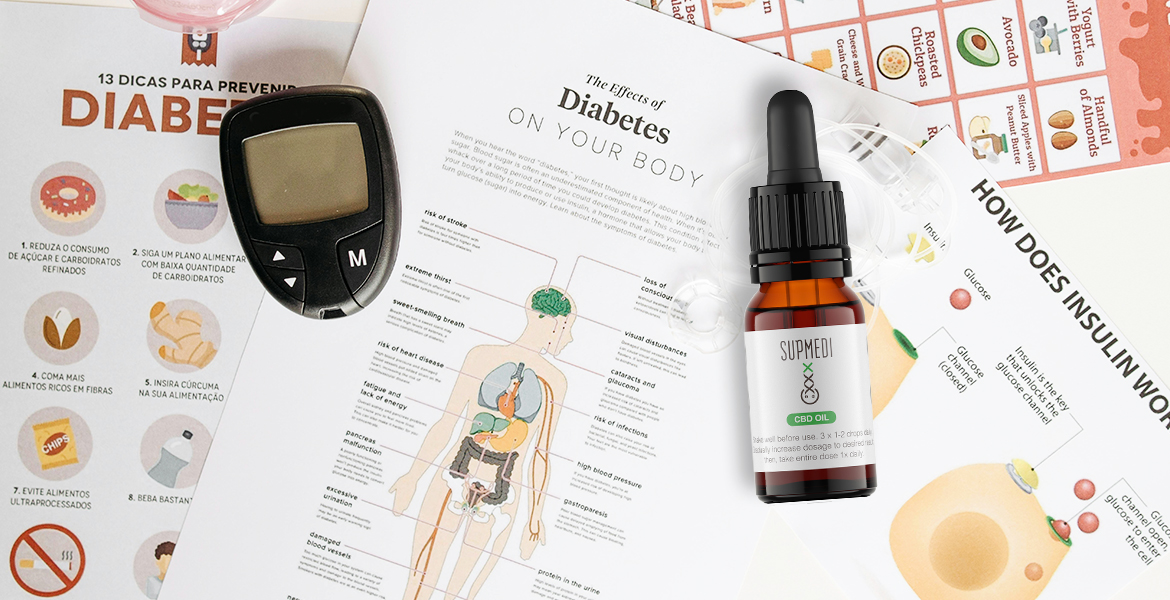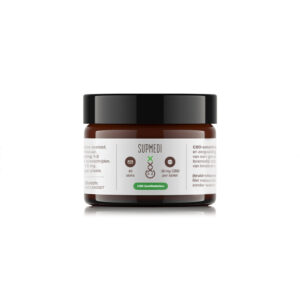
How CBD Can Influence Insulin Production: The Latest Findings
7 November 2024If you have diabetes and are considering using CBD, you may be wondering if CBD can influence insulin production. Although there is a lot of research being conducted on its effects, little is known about CBD and diabetes. In this blog, we’ll review the latest research on the potential of CBD oil.
What Can CBD Mean for Diabetes?
If you have diabetes, your body either no longer produces insulin (type 1 diabetes) or does not respond well to it (type 2 diabetes). This has serious health implications. Many people don’t realize it, but diabetes is a deadly disease. If you have type 1 diabetes, your risk of death is five times higher than for those without the condition.
There is a great deal of interest in natural treatments to help manage diabetes symptoms. CBD’s anti-inflammatory and antioxidant properties could positively impact quality of life, but it’s uncertain if CBD affects insulin production.
CBD is a cannabinoid that may have beneficial effects on blood sugar levels through the ECS (endocannabinoid system). The ECS helps regulate food intake and maintains energy balance. It may also help reduce inflammation in the arteries, decrease nerve pain, and lower blood pressure.
CBD is commonly used for pain, anxiety, and sleep issues, and diabetes patients are increasingly turning to CBD to manage their symptoms. However, understanding its effects on the body is essential, especially if you already have health concerns. This is why we will explore the potential of CBD, specifically regarding insulin production.

Research on the Effect of CBD on Insulin Production
CBD is a popular supplement used for various complaints. CBD (cannabidiol) is a cannabinoid produced by the hemp plant, along with other cannabinoids like CBC, CBN, CBG, and THC, the psychoactive component. Although THC has mind-altering effects, it also has several health benefits, which is why CBD is often studied alongside THC.
How does CBD influence the body? It works by interacting with the ECS, which plays a role in glucose and fat metabolism. CBD targets G-protein coupled receptors (GPCRs) distributed throughout the body. Many standard diabetes medications also work on these GPCRs.
Some people with diabetes use medicinal cannabis. Studies show that it does not negatively impact blood glucose levels; in fact, data from the National Health and Nutrition Examination Survey suggests that cannabis use may be linked to a 16% reduction in fasting insulin levels and a 17% decrease in insulin resistance. Thus, cannabis users may have a lower risk of developing type 2 diabetes.
Two cannabinoids appear particularly useful for diabetes: THCv (tetrahydrocannabivarin) and CBD. Terpenes, such as beta-caryophyllene, may also play a crucial role, as they are involved in lipid and glucose metabolism and may have anti-diabetic properties.
What Does Research Reveal About CBD and Insulin Production?
In 2016, a study published in Diabetes Care showed that THCv led to a significant reduction in fasting blood glucose levels. Additionally, CBD was shown to reduce resistin and increase glucose-dependent insulinotropic polypeptide, which stimulates insulin production.
Another study published in 2006 found that CBD significantly reduced the prevalence of diabetes in non-obese diabetic mice, from 86% to 30%. In these mice, CBD also lowered levels of pro-inflammatory cytokines.
It’s essential to note that some studies have been conducted on mice or rats, and laboratory conditions differ from real-life situations. Also, findings from animal studies cannot always be directly applied to humans. However, the results are promising. While CBD does not directly affect insulin production, it seems to have an indirect influence on the body, targeting receptors involved in insulin production and related processes.

How to Use CBD for Diabetes
CBD can be used to help manage various symptoms associated with diabetes. It may help reduce pain and chronic inflammation. Many people with diabetes experience anxiety and stress about their condition, which CBD may help alleviate. Additionally, it may improve sleep, making it a useful supplement for managing diabetes.
If you want to try CBD, you can choose from various products. Consider a full-spectrum product, which contains all the cannabinoids from the hemp plant, as well as terpenes and flavonoids, each with its own beneficial properties. SupMedi’s full-spectrum CBD oil is of high quality, while their CBD tablets are an isolate, containing only CBD without other active compounds. Both offer the beneficial effects of CBD.

CBD Tablets1200 mg CBD
€24.95







